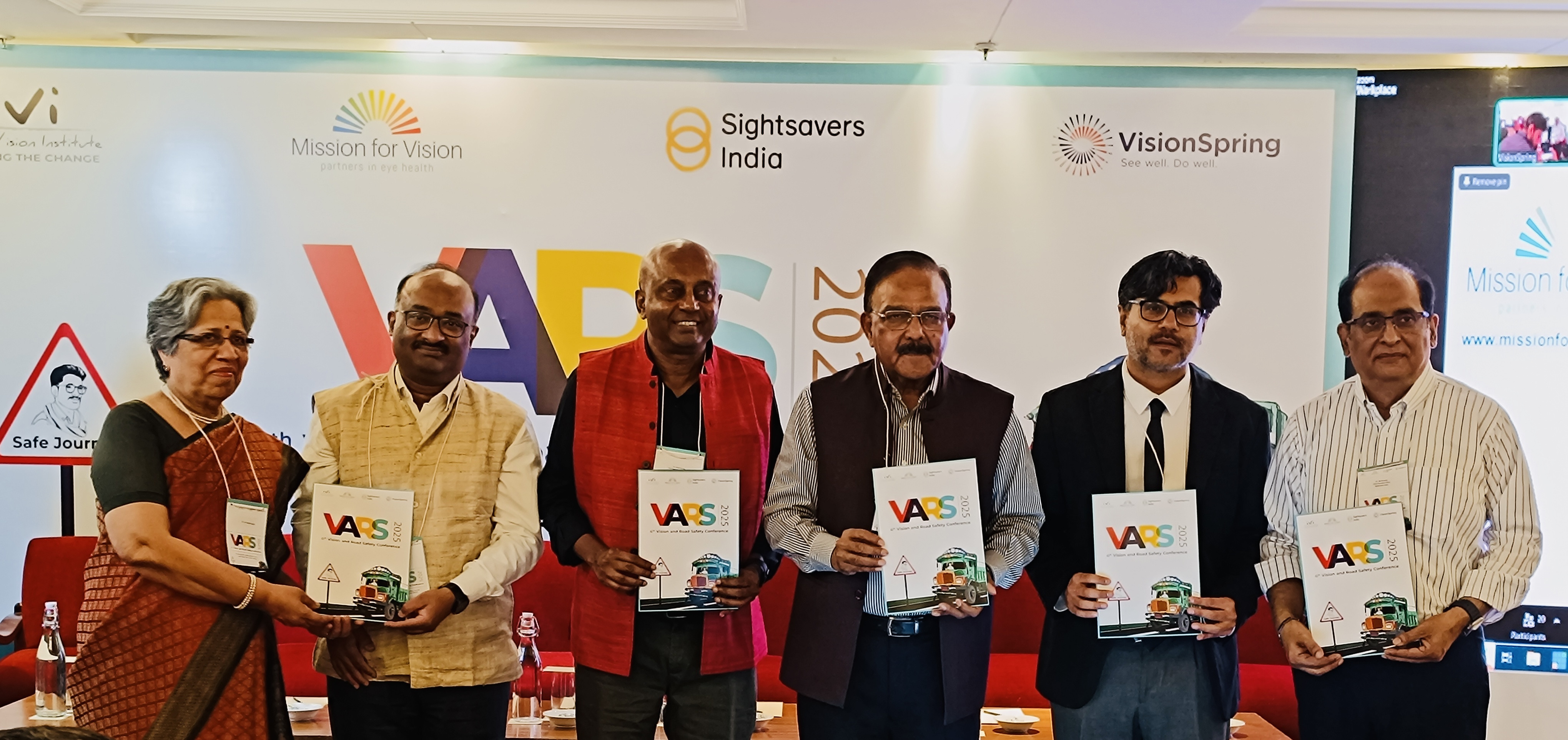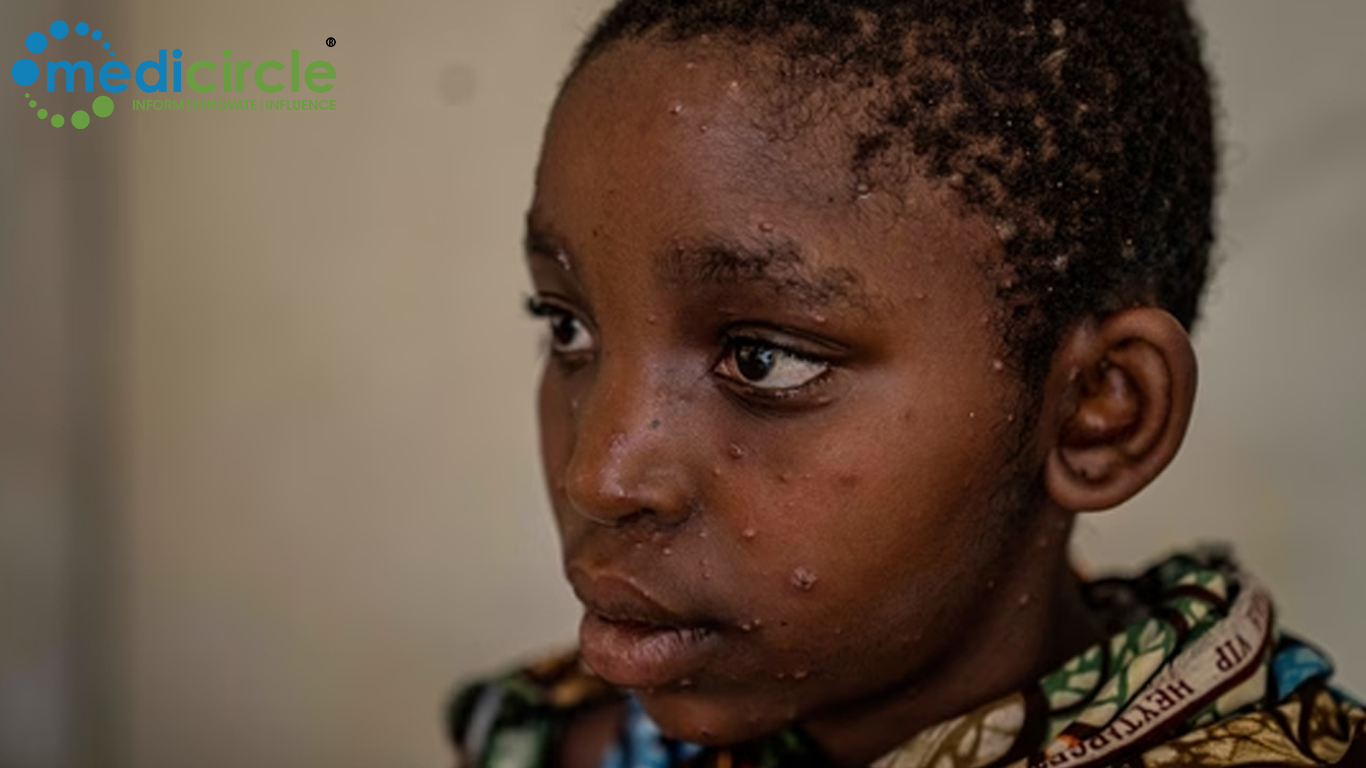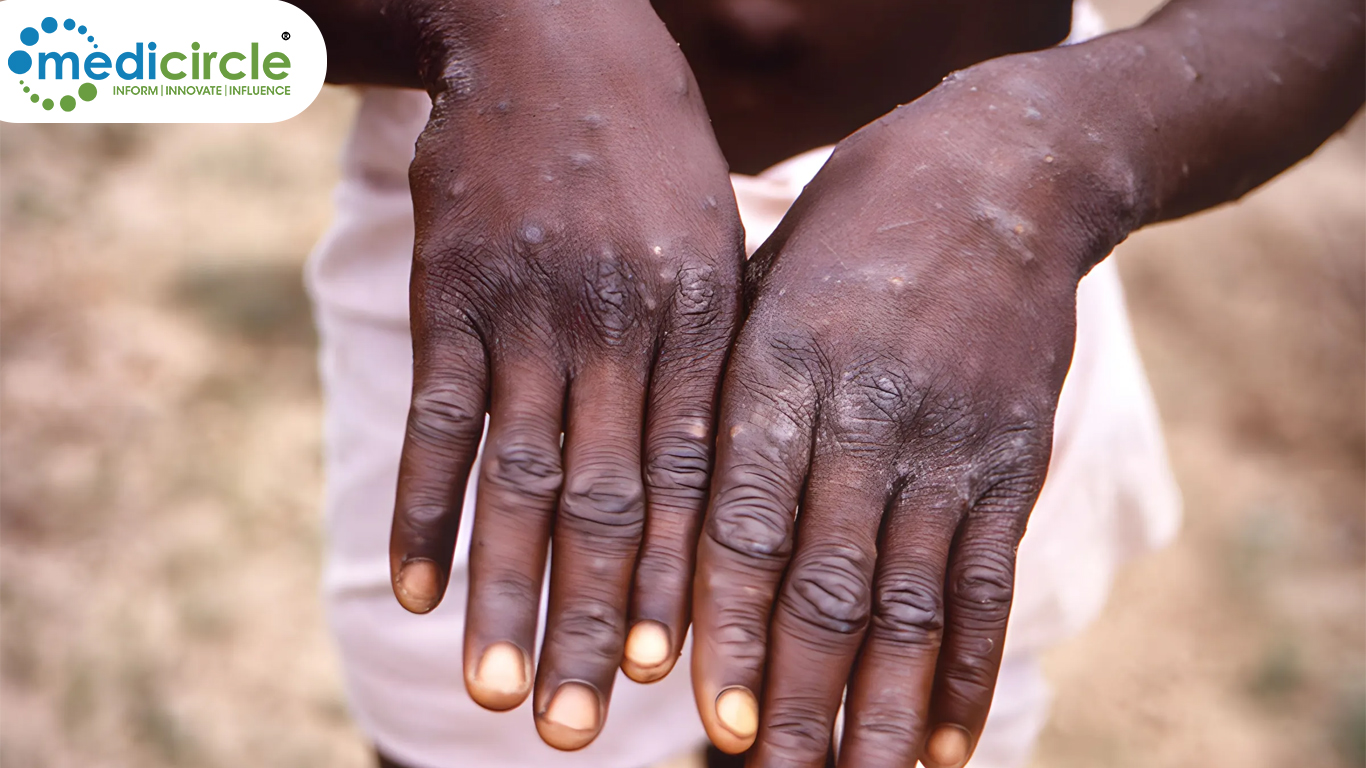Irregular and long menstrual cycles in adolescence and adulthood are associated with a greater risk of early death (before age 70), finds a study published by The BMJ recently.
These associations were stronger for deaths related to cardiovascular disease and when long and irregular cycles were consistently present during adolescence and throughout adulthood. They were also slightly stronger among women who smoked.
The results highlight the need to consider the menstrual cycle as a vital sign of general health in women throughout their reproductive lifespan, say the researchers.
Irregular and long menstrual cycles are common among women of reproductive age and have been associated with a higher risk of major chronic diseases including ovarian cancer, coronary heart disease, type 2 diabetes, and mental health problems.
But the evidence linking irregular or long menstrual cycles with mortality is scant.
So a team of researchers based in the USA set out to evaluate whether irregular or long menstrual cycles throughout the life course are associated with premature death (before age 70).
Their findings are based on data from 79,505 premenopausal women (average age 38 years) with no history of cardiovascular disease, cancer, or diabetes who were taking part in the Nurses’ Health Study II.
Women reported the usual length and regularity of their menstrual cycles at ages 14-17 years, 18-22 years, and 29-46 years.
During 24 years of follow-up, 1,975 premature deaths were documented, including 894 from cancer and 172 from cardiovascular disease.
After taking account of other potentially influential factors, such as age, weight, lifestyle and family medical history, the researchers found that women who reported always having irregular menstrual cycles experienced higher mortality rates than women who reported very regular cycles in the same age ranges.
Mortality rates per 1,000 person-years for women reporting very regular cycles and women reporting always irregular cycles were 1.05 and 1.23 at ages 14-17 years, 1.00 and 1.37 at ages 18-22 years, and 1.00 and 1.68 at ages 29-46 years.
Similarly, women who reported that their usual cycle length was 40 days or more at ages 18-22 years and 29-46 years were more likely to die prematurely than women who reported a usual cycle length of 26-31 days in the same age ranges.
These relations were strongest for deaths related to cardiovascular disease than for cancer or death from other causes. The higher mortality associated with long and irregular menstrual cycles was also slightly stronger among current smokers.
This is an observational study, so can’t establish cause, and the researchers point to some limitations, such as relying on recall of menstrual cycle characteristics, which may not have been completely accurate, and the potential for other unmeasured factors to have affected their results.
Nevertheless, as it is not possible to randomise women to different menstrual cycle characteristics, studies like this one represent the strongest evidence possible for this question.
However, strengths included a large number of participants with a high follow-up rate over many years and the availability of menstrual cycle data at three different points across the reproductive lifespan.
The researchers say the mechanisms underlying these associations are likely related to the disrupted hormonal environment. And they conclude that their results “emphasise the need for primary care providers to include menstrual cycle characteristics throughout the reproductive life span as additional vital signs in assessing women’s general health status.”

 Consider menstrual cycle as vital sign of women’s general health, say researchers
Consider menstrual cycle as vital sign of women’s general health, say researchers








.png)
.png)











.jpeg)

.jpeg)










.jpg)




.jpg)

